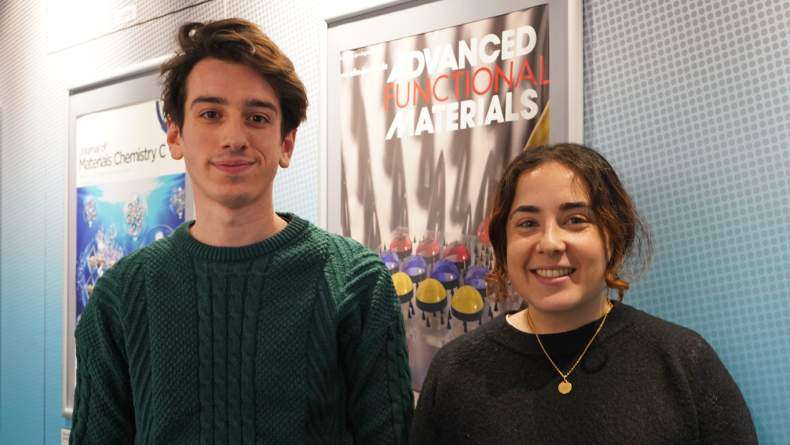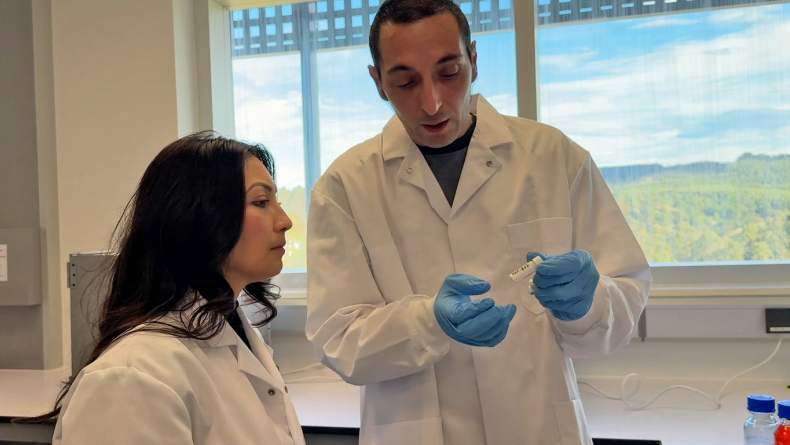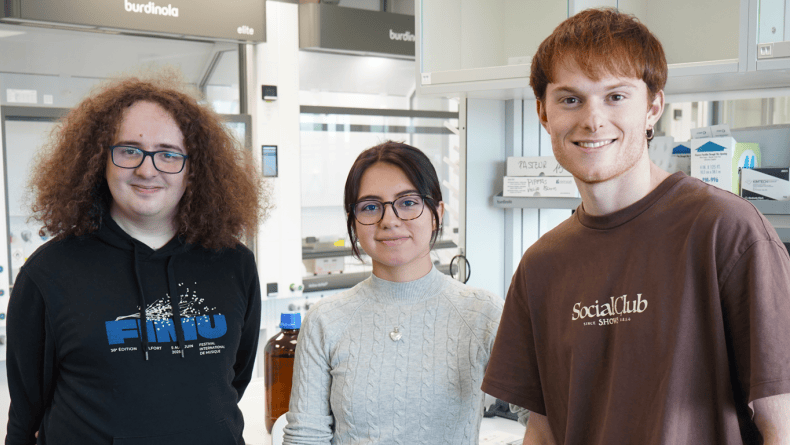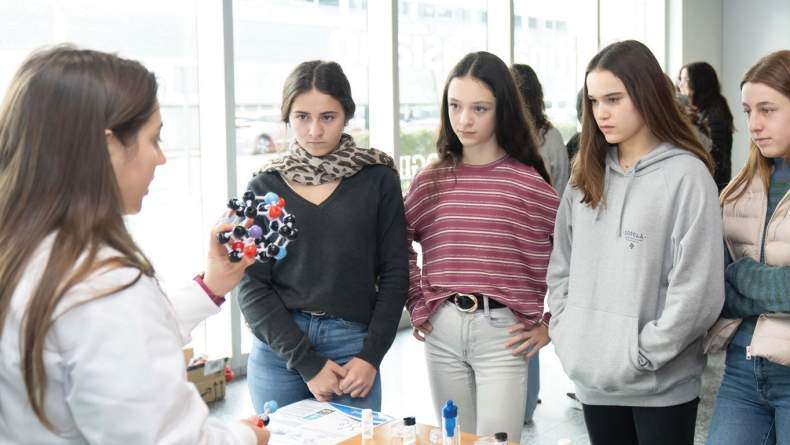Computational Chemistry for Colloidal Semiconductor Nanocrystals by Ivan Infante
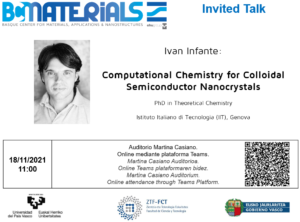
We are pleased to announce the invited talk given by Dr. Ivan Infante, at the Istituto Italiano di Tecnologia (IIT), Genova, entitled “Computational Chemistry for Colloidal Semiconductor Nanocrystals”.
While experimental protocols aimed at the synthesis and characterization of colloidal semiconductor nanocrystals are now well established, theoretical calculations of the same materials still present many challenges. Some of these are: the compromise in the size of the modelled systems, which have to be large enough to avoid too strong quantum confinement effects but small enough to be described computationally; the construction of a nanocrystal model system that represent closely that found in the experiment, and the possibility of adding surface ligands that increase dramatically the computational requirements. A successful methodology to tackle some of the above issues is Density Functional Theory (DFT), which scales cubically with the number of atoms, but that in recent years was capable to provide important insights in the electronic structure and geometry of several colloidal nanocrystals of up to 3nm in size. However, a strong limitation of DFT is the high computational cost, which prevent on the one hand the inclusion of solvent and ligand molecules as in the experiments and on the other, performing long timescale simulations to study rare events like ligand binding at the surface, trap formation rates and phonon induced non-radiative quenching. To address these chemico-physical processes, the field moved to computationally cheaper alternatives such as those based on classical force fields. These methods however have also important drawbacks, such as the development of accurate force-field parameters and more importantly the lack of information on the electronic structure of the material studied. In this framework, novel machine-learning techniques are poised to bridge the gap between DFT and classical force fields to enable DFT quality simulations on colloidal nanocrystals also for long timescale events. In this talk I will therefore discuss the most important achievements obtained in the semiconductor nanocrystal field by theoretical methodologies and an outlook of future developments. The talk will be on November 18th at 11:00. The event is free and open for everybody, it will be at the Martina Casiano Auditorium and also online via TEAMS with the following link: https://teams.microsoft.com/l/meetup-join/19%3ameeting_NmM0ZTBmNjctMjVjOC00ZDc3LTkxYWEtYmQ3NTkxZGQxYjU0%40thread.v2/0?context=%7b%22Tid%22%3a%222f54ab68-83af-4d70-8895-a0d1e95ec899%22%2c%22Oid%22%3a%227778b4e1-e06d-485b-b530-cf013d4e9498%22%2c%22IsBroadcastMeeting%22%3atrue%7d&btype=a&role=a Do not miss it!
Related news
Sara Martín y Stefano Lunghi, nuevos investigadores de BCMaterials
Desde BCMaterials damos la bienvenida a dos nuevas personas que integran nuestro personal investigador. Se trata de Sara Martín Iglesias, investigadora post-doctoral en la línea de Materiales Activod...Nanomateriales para la descontaminación y valorización de aguas
Personal científico de BCMaterials desarrolla nanomateriales de última generación, combinados con membranas poliméricas de origen natural, destinados a la descontaminación y revalorización de aguas....Tres nuevos investigadores se incorporan a BCMaterials
El nuevo año ha traído a BCMaterials la incorporación de tres nuevos jóvenes científicos a su equipo. Se trata de los investigadores predoctorales Karen Cano y Mikel Russo y el investigador...Actividades de BCMaterials en Emakumeak Zientzian
Este año se cumple el 10º aniversario del comienzo de la iniciativa Emakumeak Zientzian, que reúne a más de 30 entidades vascas organizadoras de actividades de divulgación científica con motivo de la...
